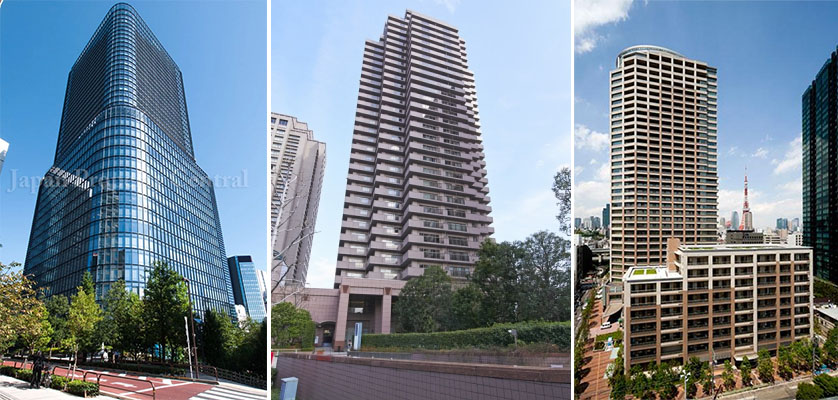Foreign buyers of real estate in Japan still lack adequate support from agents
As a foreign buyer of real estate in Japan, whether living abroad or in the country, you may find that there are only a small number of real estate agencies that are capable and experienced in working with foreign clients. Even if the language barrier is not an issue, finding an agent who has worked with foreigners and can understand and explain the key differences and intricacies about Japan’s property market is essential.
We have heard of nightmare stories from buyers who have purchased properties without receiving full explanations or even incorrect explanations of property details, resulting in some very bad investments. With a growing number of foreign buyers, these bad practices are only going to increase.Read more
Tokyo apartment sales in October 2016

The following is a selection of apartments that were sold in central Tokyo during the month of October 2016:Read more
Second-hand apartment price growth slows in first half of 2016

According to Tokyo Kantei, the half-yearly rate of growth in the price of second-hand apartments in Tokyo has slowed in the first half of 2016 after seeing strong and likely unsustainable gains over the past three years.
Second-hand apartment prices in central Tokyo have increased by 32.7% from the bottom seen in the second half of 2012, and are up 6.1% from the first half of 2015. However, prices have only increased by 0.06% between the second half of 2015 and the first half of 2016.Read more
Relocating a traditional Japanese house

Finding land with a traditional Japanese building for sale in the right location can be close to impossible regardless of budget. But, there are a number of these old traditional kominka available for purchase and removal across the country. If you find the right piece of land you may be able to relocate an old house of your choosing to the land.
These buildings can be bought for next-to-nothing. The real cost is in the actual relocation, although you may be surprised to find out that relocation costs may be similar to the cost of building a brand-new, average home.Read more
Buying land: Understanding the differences between registered and actual land size
If you are buying land or a house and land in Japan, it is essential to understand how land sizes are measured and represented on contract documents.
Measured size vs. registered size
Each parcel of land has a size that is registered on the land title. This size is decided by the Legal Affairs Bureau and may vary from the actual size of the land for various reasons, primarily due to outdated survey methods used in the past.
It is possible for the seller to hire a surveyor to measure the actual size of the land. However, many may choose not to due to the cost involved.
Quite often the surveyed size will be different to the registered size, although there is no general rule as to how much they differ. A property owner may apply to update the land register to show the true size of the land, but permission from adjoining landowners will be required since their land registers must also be updated. This can be extremely difficult, as neighbours would not consent if it would result in their registered land size being reduced. Many do not bother to go through with this process.Read more
Voting ratios relaxed to encourage speedier demolition of earthquake-damaged buildings in Kumamoto

On September 30, the Japanese government voted in favour of enacting an exemption to the apartment redevelopment law in order to help speed up redevelopment of buildings damaged by the Kumamoto earthquake in April. Under the special exemption, the voting ratio for demolishing an apartment building and selling the land has been reduced to 80% for damaged buildings in Kumamoto. This is the second time the exemption has been applied. It was first applied to three buildings damaged by the 2011 Tohoku disaster in Sendai city.
Ordinarily, 100% of apartment owners must agree before a building can be demolished and the land sold. However, if the building has been seriously damaged in a major earthquake, the ratio can be reduced to 80% if certain conditions are met. Nevertheless, obtaining 80% agreement is still a difficult task.
According to Kumamoto City, 19 apartments buildings were considered to be completely destroyed, 21 suffered major damage, and 52 suffered partial damage in April.Read more
Developer to raze 84-year old building in Ginza

Ginza is about to lose another of its pre-war buildings as an 84-year old office building is under demolition by a developer.
Demolition started in early September with the removal of asbestos. The building will be completely demolished by early November.Read more
